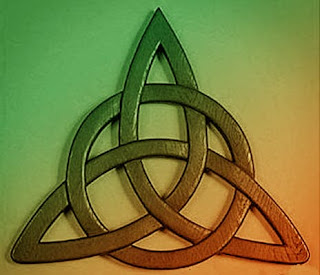Kara N. Slade The Fullness of Time

Here is a reflection stimulated by my reading of The Fullness of Time: Jesus Christ, Science, and Modernity Kindle Edition, 2021 by Kara N. Slade. In my studies of philosophy, I weaned myself away from finding a philosopher that I thought approximated the truth. I approach philosophy as a means toward helping me think through a viewing of the world that seems right to me. Such a view of philosophy is always open to further amendments that may make me shift my perspective. What this means is that I can read both Plato and Aristotle with great profit, and not think I must choose between them. The same is true of Hegel and Kierkegaard, both of whom have perspectives that have nourished me in my intellectual journey. Hegel, for example, has a powerful critique of the “scientific human being” of his time, represented in both Rationalism (Descartes, Leibniz, Spinoza) and Empir...

